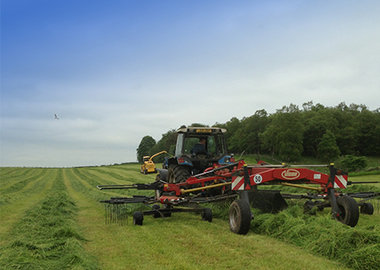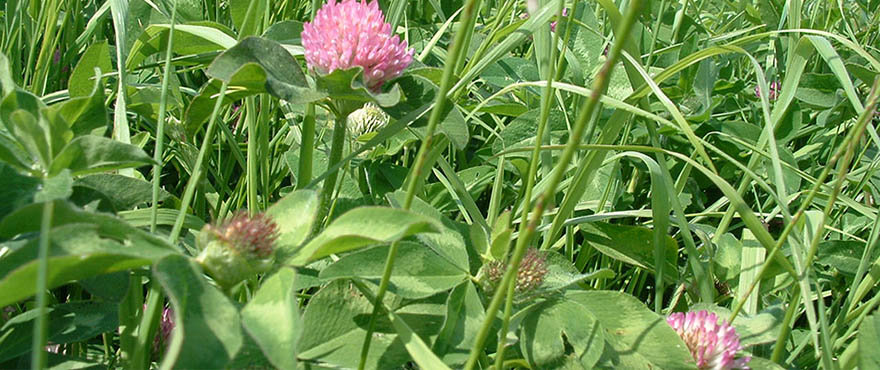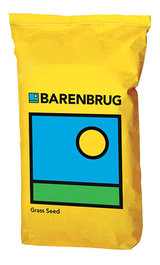
Resources
Discover our agriculture and farming resources


Key benefits of including clover
Clover offers environmental and sustainability benefits as well as a highly productive, protein-rich forage for livestock.
Discover our range of mixtures for environmental, bio-diversity, game cover and stewardship schemes.
Discover our range of mixtures for environmental, bio-diversity, game cover and stewardship schemes.
Discover our range of mixtures for environmental, bio-diversity, game cover and stewardship schemes.

Discover our agriculture and farming resources